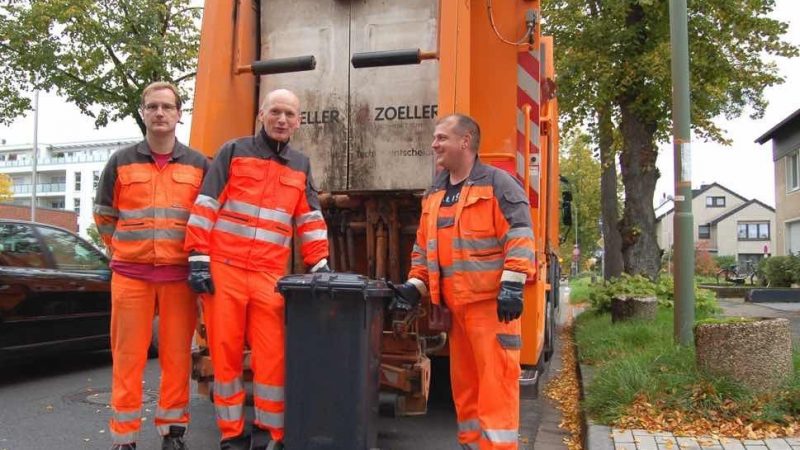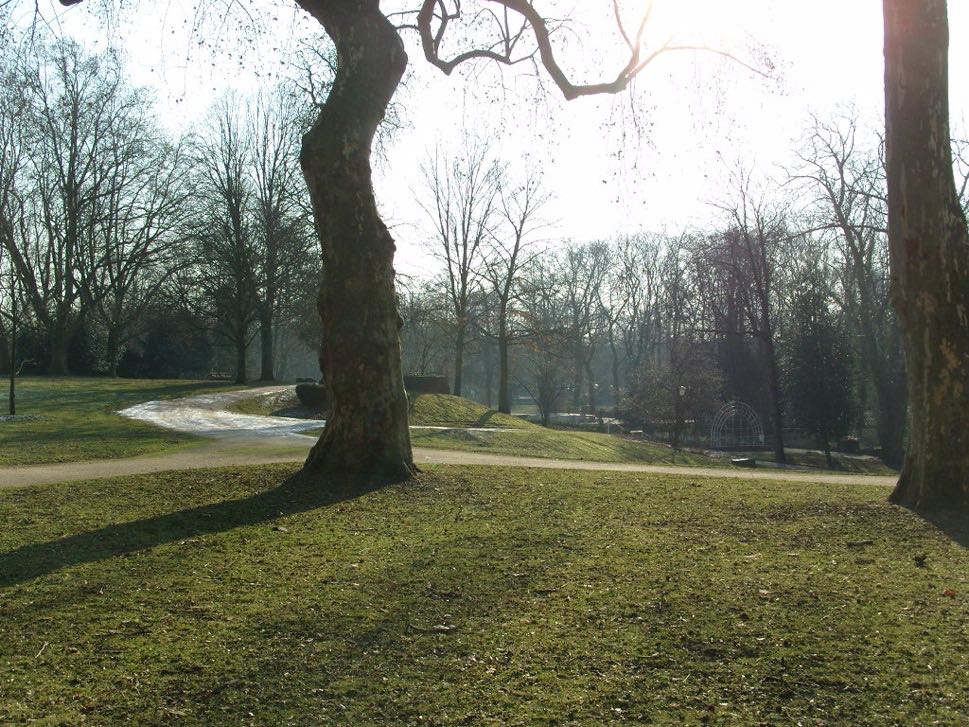Discover <bMore
More
HAPPENINGS
Some events pop up only briefly.
Many activities are small or unique.
Such occurrences are published in this
source of surprise and discovery.
HOLIDAYS
A good few statutory holidays
offer most residents in Neuss
quality time throughout the year.
Of religious or political nature,
some regional, others nationwide.



